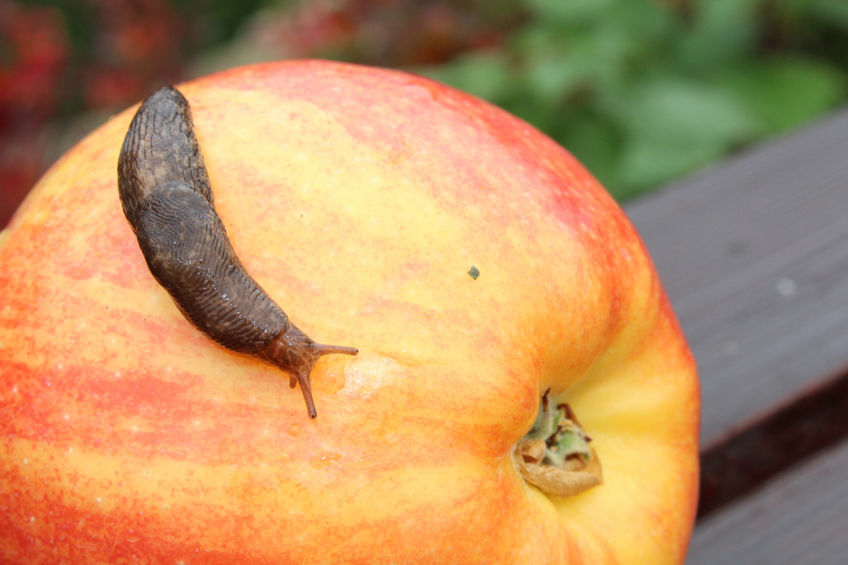
Farmers have been reminded of metaldehyde best practice as excessive levels of the molluscicide has already been detected in water courses.
Wet and unsettled weather in July and August encouraged a late flush of weed growth, caused problems at harvest and created ideal conditions for slugs.
But concerns have now been raised that any return to wet weather may cause excessive water run-off.
The Voluntary Initiative (VI), a group which promotes the responsible use of pesticides, is reminding growers of the need for best practice when molluscicides, particularly metaldehyde, at this time.
Dr Neal Evans, Operations Director at VI said: “Following the long, dry spring which saw many soils develop extensive cracking, the recent wet weather in some areas of the country has resulted in run-off to water courses.
"We have heard reports from some water companies that they have already detected metaldehyde in raw water at levels well in excess of the 0.1 ppb limit."
He added: "It is important to stress the need for careful, best practice use of pesticides and metaldehyde in particular as part of an integrated pest management approach.
"Careful stewardship of metaldehyde will be key as this slug pellet treatment is phased out.”
The withdrawal dates for metaldehyde are 31 December 2020 - the deadline for the sale and distribution of metaldehyde slug pellets - and 31 December 2021, which is for the disposal, storage and use up of existing stocks.
Further information on Integrated Pest Management and best practice is available from the VI website.
